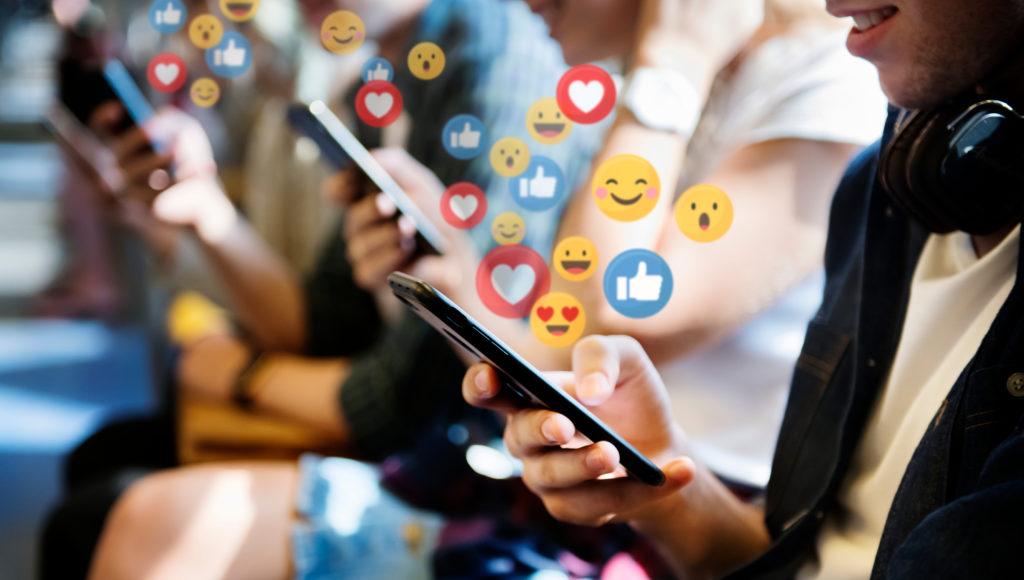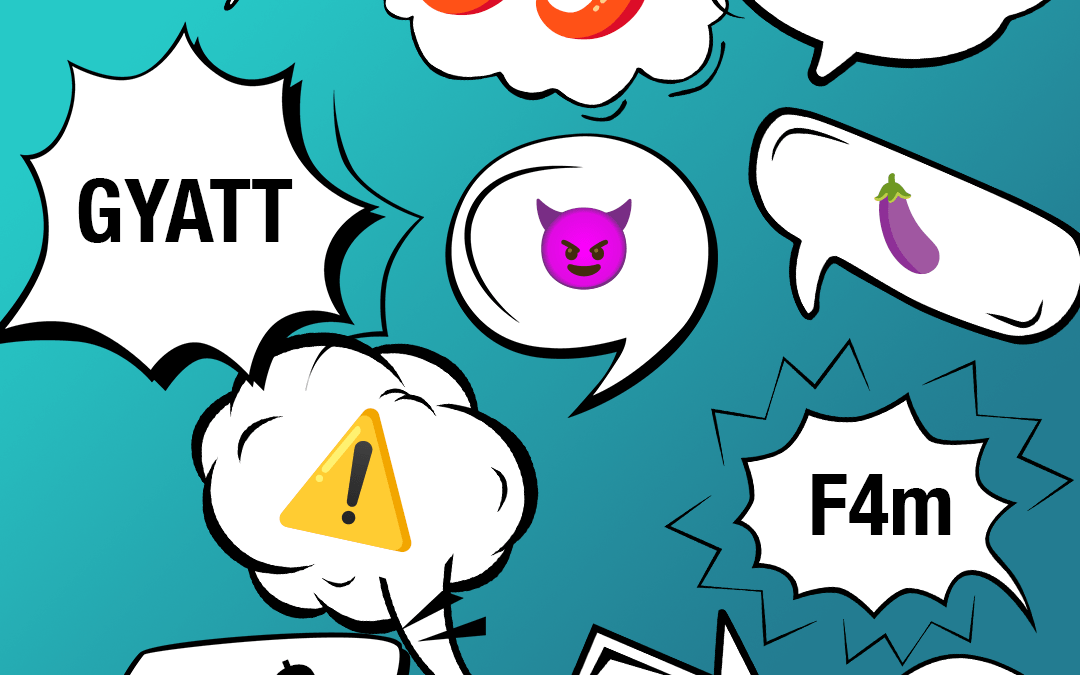
Author: Kim Betzner
The year is 2012. Facebook buys a small photo sharing start-up with 13 employees for $1 billion. Fast forward to 2022, Instagram is worth $100 billion and has over one billion users. But just as the saying goes, with great power comes great responsibility and Instagram has found itself in the hot seat. Experts are researching the harmful effects the social media app has on children, particularly among young girls. Health professionals are finding potential links between the tech giant and the increase in mental illnesses like depression, anxiety, eating disorders, and suicide. But can we really blame a once innocent photo sharing app for detrimental effects on today’s youth? Let’s take a look.
Persuasive Design
We have all fallen down the Instagram rabbit hole where minutes turned into hours and suddenly you have completely lost track of time and reality. Apps like Instagram and TikTok are intentionally designed to keep you scrolling by using what is called persuasive design. Persuasive design is about understanding human psychology and behaviors to influence users and get them to do what you want them to do. An example of this is Instagram stories, which has become the app’s most popular feature and lets users upload 15 second real-time videos. This means users can instantly share parts of their day with their followers, as well as view and interact with their friends’ stories. Algorithms track which profiles are closest to you and display these users first at the top of your screen.
Another large part of Instagram’s intentional design is the user’s obsession to get the most likes and followers. Followers have morphed into a social currency, with celebrities and influencers having millions, if not hundreds of millions of followers, some users have gone as far as buying followers. Every new like or follow releases the feel-good neurotransmitter, dopamine, to the brain, just like a gambler at a slot machine or using an illicit drug like cocaine. These periodic spikes in dopamine can eventually become damaging, especially to kids with developing brains, who lack the self-control to put down their phone.
Unrealistic Beauty Standards
Spend any time on Instagram and you will see countless photos of girls with perfect bodies, perfect hair, and seemingly perfect lives. In a time where self-doubt and insecurity are prevalent in teenagers (hello, puberty), they begin to compare themselves to these unattainable beauty standards. What your teenager may not understand is the amount of editing, photoshopping, lighting changes, and numerous poses that go into finding the perfect picture to post. These harmful comparisons can spiral into a negative body image, and even self-harm. According to Shevon Jones, a licensed clinical social worker from Atlanta, “[w]hat girls often see on social media are girls with slimmer waists, bigger butts and hips, and it can lead them to have body image issues.” She went on to say, “[i]t’s a very critical time and they are trying to figure out themselves and everything around them.”
In 2021, the Wall Street Journal published an explosive article regarding the internal research on Instagram by Facebook, IG’s parent company, now known as Meta. Frances Hauge, a former Product Manager of Facebook who is known as the “whistleblower,” leaked extensive research outlining the negative impacts of Instagram and mental health. Meta’s research found that Instagram makes body images worse for one in three teenage girls using the app. Considering that roughly 68% of Instagram’s users are girls, this is an alarming statistic. Girls of all ages are internalizing these false beauty standards which can lead to unhealthy coping mechanisms and body dissatisfaction.
Eating Disorders
In a report released by the Center for Disease Control, teens visiting the ER for eating disorders doubled during the pandemic. Experts are saying that the lack of structure and feelings of isolation during COVID-19 may have contributed to this increase. Health professionals are also looking at apps, like Instagram, as a correlation to the increase in eating disorders.
Just last month, the family of 19-year-old Alexis Spence sued Meta on claims that the tech company “consistently and knowingly” targeted its product at young children. The family is claiming their daughter’s eating disorder, suicidal thoughts, and self-harm are a direct cause of her addiction to Instagram. The case is brought by the Social Media Victims Law Center (SMVLC), which holds social media companies accountable for harming children.
According to Alexis’ lawyers, “[a]s a result of Alexis’ addiction to Instagram, she had to undergo professional counseling, in-patient programs, out-patient programs, participate in eating disorder programs and will likely require help in the form of a service dog for the rest of her life, as well as ongoing medical attention to ensure she does not digress.”
Mental Illness
On top of eating disorders, health experts are linking Instagram to mental illnesses such as depression, anxiety, and suicide. Instagram creates a sort of false reality where everyone is always seen as happy, smiling, laughing, and living their best life. Whether it’s a vacation to Hawaii, a birthday party, or a family barbecue, people only share photos of their happiest moments. This can create dissatisfaction among users as they start to compare their own life to these happy pictures. Meta’s documents state that “66% of teen girls on IG experience negative social comparison.”
In trying to make Instagram a safer platform, Adam Mosserri, the head of Instagram, initiated Project Daisy to make likes private instead of public. This means likes are only visible to whoever posted the photo. “We didn’t observe movements in overall well-being measures,” Facebook employees wrote in a slide they presented to Mr. Zuckerberg about the experiment in 2020. Today, users can turn off likes to their posts.
So what’s next?
Attorneys have predicted a rise in the number of lawsuits against these tech giants in the future. People want these social platforms to be held accountable and prioritize safety over profit. Instagram announced it would stop its plan to make Instagram for kids, which would target kids under 13, after receiving criticism from advocacy groups and US lawmakers. The company is now focused on age verification and has partnered with specialists to ensure users meet the minimum age requirement of 13.
Tips and tricks for parents
One thing we know is that social media is here to stay. So, the question now is: how do we coexist with it and create a safe space for our kids? Parents can monitor their kid’s screen use by using screen management apps like OurPact. OurPact allows parents to block specific apps or set different management rules. Parents can also use OurPact’s schedule feature to set automatic, daily device schedules for school, homework, dinner or bedtime, whereby the parent can choose which apps are available during this time or choose to block all apps except for outgoing and incoming phone calls. Another useful feature is OurPact’s daily Allowance feature to set daily screen time limits whereby kids can manage their screen time use independently.
We must advocate for our kids and prevent social media companies from taking advantage of today’s youth. Parents should continue to have open and honest conversations with their children about the impacts of social media and the false reality it can portray.
In an emergency situation, like suspected self-harm or suicidal ideation, please seek immediate assistance by calling 911 or the National Suicide Prevention Lifeline at 1-800-273-TALK (8255).
Sources:
Cook, J. (2022, June 7). Family sues Meta, blames Instagram for daughter’s eating disorder and self-harm. NBCNews.com. Retrieved from https://www.nbcnews.com/tech/social-media/meta-lawsuit-instagram-caused-eating-disorder-self-harm-rcna32221
Elsesser, K. (2021, October 10). Here’s how Instagram harms young women according to research. Forbes. Retrieved from https://www.forbes.com/sites/kimelsesser/2021/10/05/heres-how-instagram-harms-young-women-according-to-research/?sh=47887639255a
Lempa, S. (2021, April 5). Why are Instagram stories so addicting? Healthline. Retrieved from https://www.healthline.com/health/why-are-instagram-stories-so-addicting
Radhakrishnan, L., Leeb, R. T., Bitsko, R. H., et al. (2022, February 24). Pediatric emergency department visits associated with mental health conditions before and during the COVID-19 pandemic – United States, January 2019–January 2022. MMWR Morb Mortal Wkly Report 2022;71:319-324 DOI: https://www.cdc.gov/mmwr/volumes/71/wr/mm7108e2.htm
Wells, G., Horwitz, J., & Seetharaman, D. (2021, September 14). Facebook knows Instagram is toxic for teen girls, company documents show. The Wall Street Journal. Retrieved from https://www.wsj.com/articles/facebook-knows-instagram-is-toxic-for-teen-girls-company-documents-show-11631620739


